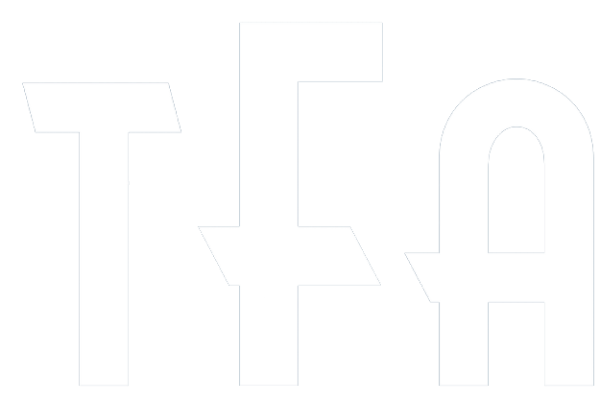Submit an Offer
Request Info
Sudan Archives contains multitudes. She first emerged as an avant-garde violinist who channelled her playing through loop pedals. But she's also much more than that: lovelorn songwriter, powerful vocal performer, and experimental beatmaker. She has captivated audiences at festivals around the world with her hybrid sound, playing at Coachella, Pitchfork Midwinter, and FORM: Arcosanti, and sharing stages with St Vincent, Ibeyi, and Michael Kiwanuka while touring her trail-blazing EPs "Sudan Archives" (2017) and "Sink" (2018). Sudan's many identities truly coalesce in her debut album, "Athena": a psychedelic, magnetic take on modern R&B that's unlike anything else you've heard. "When I was a little girl, I thought I could rule the world," Sudan Archives announces in the sparse, string-plucked opening bars of "Athena", on the strident "Did You Know". Her musicality and sense of self-belief developed as a young child in the church. Born Brittney Parks, but called Sudan from a young age, she moved around Cincinnati, Ohio many times as a child religion and music were the most stable forces in her life. It was in church that Sudan began learning to play the violin by ear, participating in ensemble performances. "I remember" "begging my mom to get me a violin," she says. "From there I just never let it go – it felt like I had a purpose." Growing up with a twin sister, Sudan also learned young that she was the "bad twin". Her stepdad – a one-time music industry executive – tried to turn the two into a pop duo when they were teenagers, but Sudan would miss rehearsals and curfew so frequently that the project was abandoned. Still, the experience was valuable: "My stepdad basically planted this whole idea of artistry as a career," she remembers. Though she left the band behind, Sudan clung to the idea of pursuing music when she moved to LA aged 19. While studying and holding down two jobs, she would spend her spare time "fucking around with some beats and making some weird shit", which she released tentatively under the name Sudan Moon – a combination of her childhood nickname and her love of Sailor Moon. The ethereal quality of those early lo-fi, G-funk-inspired beats would eventually make its way into Sudan's current sound.It was once she discovered ethnomusicology, and learned to incorporate the violin into her beats, that she really unlocked a new level. Cameroonian electronic music pioneer Francis Bebey was an early inspiration: "His music is so simple, and the way he combines strings and electronic music is such a vibe." From there, she educated herself about other artists and ethnomusicologists, learning about the history of one-string fiddling in Ghana, Sudan, and all over the world, which "blew my mind". Now a fervent crate-digger with ambitions of studying ethnomusicology, she changed her artist name to Sudan Archives.
